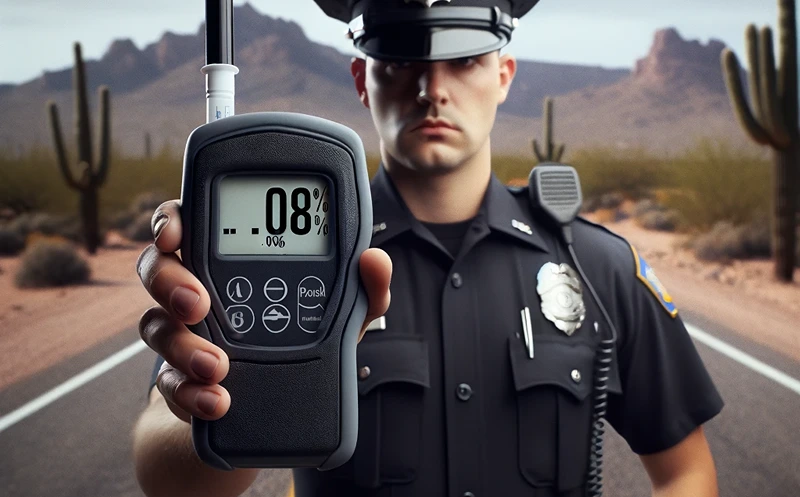
Feature Article
The Controversy of False Positive Breathalyzer Tests and How to Contest Them
Being pulled over for suspicion of driving under the influence can be a nerve-wracking experience, especially if you feel confident you have not consumed enough alcohol to be over the legal limit. However, a breathalyzer test can create a false sense of guilt, leading to a DUI charge even if you are innocent. This Feature Article will explore the controversy of false positive breathalyzer tests and provide insight on how to contest them in court.
What is a False Positive Breathalyzer Test?
A false positive breathalyzer test is when the device indicates a BAC level above the legal limit of 0.08%, even when the driver has not consumed enough alcohol to be over the limit or has not consumed any alcohol at all. False positives can occur due to several factors, such as:
- Mouthwash or breath fresheners
- Medications or medical conditions
- Diet or recent food intake
- Improper breathalyzer calibration or administration
Despite the prevalence of false positives, many states, including Arizona, still maintain laws that allow for DUI charges based on BAC readings from breathalyzers, even if the readings are inaccurate.
The Gray Area of "Impairment to the Slightest Degree"
Arizona's DUI statutes go beyond traditional BAC levels and include a provision for "impairment to the slightest degree." This means that a DUI charge can be brought against a driver who has a BAC below the legal limit or even if there is a false positive, simply because the officer believes the driver's ability to operate a vehicle was impaired in any way.
However, this leaves room for interpretation and often puts innocent drivers in the difficult position of trying to prove their sobriety in court.
Contesting a False Positive Breathalyzer Test in Court
If you have been charged with a DUI based on a false positive breathalyzer test, you have the right to contest the accuracy of the test in court. Here are some steps to take to increase your chances of a successful defense:
1. Question the Breathalyzer's Calibration and Maintenance
Breathalyzers must be regularly maintained and calibrated to ensure accurate readings. If the device used to test your BAC was not calibrated correctly, it may have produced an inaccurate reading, resulting in a false positive.
2. Challenge the Administration of the Test
The way in which the breathalyzer test was administered could affect the accuracy of the test results. For example, if the test was not administered according to protocol or if the officer did not allow for a sufficient waiting period before administering the test, the results may be compromised.
3. Consider Medical or Dietary Reasons for a False Positive
Medical conditions such as acid reflux, diabetes, or liver disease can cause false positives on breathalyzer tests. Certain diets that include high amounts of protein or low-carb foods can also affect the results of breathalyzer tests.
4. Hire an Experienced DUI Attorney
Contesting a DUI charge based on a false positive breathalyzer test is a complex legal process that requires knowledge and experience in DUI defense law. Hiring an experienced DUI attorney can significantly improve your chances of a successful defense.
The Bottom Line: You Can Contest a False Positive Breathalyzer Test
A false positive breathalyzer test can have serious consequences, including a DUI charge, license suspension, and, in some cases, even jail time. However, it is important to remember that a DUI charge based on a false positive is not definitive and can be contested in court. By understanding the factors that can cause false positives and hiring an experienced DUI attorney to represent you in court, you can fight to clear your name and avoid the negative consequences of a false DUI charge.
If you or someone you know has been charged with a DUI based on a false positive breathalyzer test, visit https://arjashahlaw.com/blog/false-positive-breathalyzer-test/ to learn more and get the help you need to contest the charge.